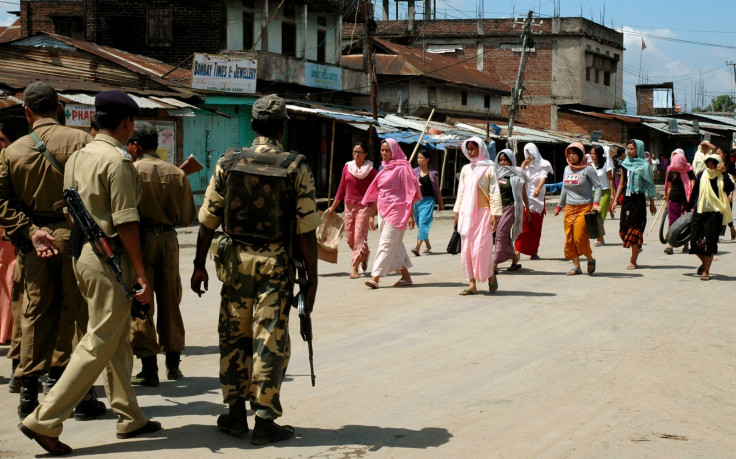India's top court orders probe into 1,500 suspected extrajudicial killings by security forces in Manipur
Indian Supreme Court rules army cannot use 'excessive and retaliatory force' even in sensitive areas.

India's top court has ordered an investigation into more than 1,500 suspected fake encounters in the state of Manipur during the last 20 years. While censuring the acts of the security forces in the north-eastern Indian state, the Supreme Court said the army and paramilitary troops cannot employ "excessive and retaliatory force". The court rejected arguments by the government that the army enjoys judicial immunity in such cases.
"Use of excessive force and retaliatory force must be inquired into," said a Supreme Court bench headed by Justice Madan B Lokur, reports the Indian Express.
Manipur has been plagued by intense insurgency for the past few decades and the army has run into several controversies including extrajudicial killings. The army is technically insulated from prosecution under a special provision called the Armed Forces Special Powers Act (Afspa).
"The 10 commandments of the chief of army staff have to be followed in all areas, including the ones under Afspa," said the court.
The court was hearing a petition filed by human rights groups and a group of families of those who were killed in fake encounters as part of counter-insurgency operations. However, the Supreme Court has stopped short of pronouncing a verdict on forming a special investigation team as sought by the petitioners.
"The army is only discharging its sovereign function of defending the country from external aggression and terrorist attacks; it cannot be blamed if some people are killed. The killings are part of the sovereign function discharged by the Union of India through the army. These killings are part of efforts to combat insurgency as the country is threatened by anti-national forces. Such an exercise cannot be treated as a law and order problem," the government's Attorney General Mukul Rohatgi had argued.
© Copyright IBTimes 2025. All rights reserved.






















